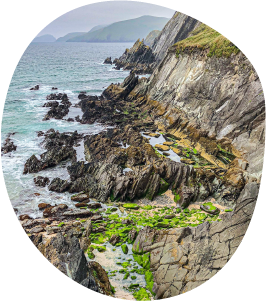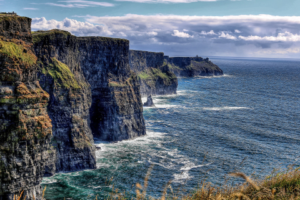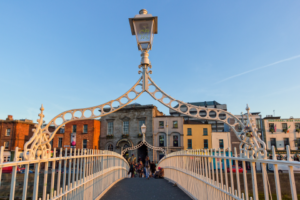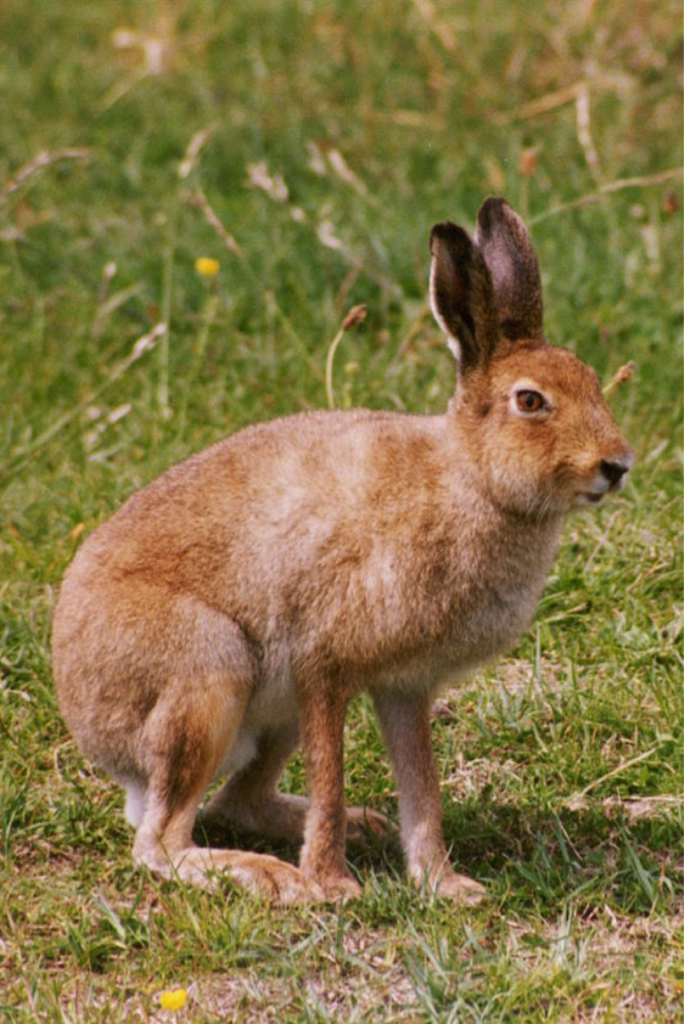VISIT IRELAND
Often referred to as the Emerald Isle, Ireland is a country known for its marvellous views and its innate talent for Craic – aka the art of having a good time.
Currency
€ - Euro (1€ ≃ 1,05$ ≃ 0,86£)
POPULATION
7 millions
MAIN LANGUAGES
English, Irish
AREA
84,421 km²
TIME ZONE
UTC / UTC+1
FLAG
🇮🇪
Pick an (Irish) destination
Make your choice from the list below or the map to access all the articles related to specific cities or regions of Ireland.

DUBLIN
Capital of Ireland, known for its long literary tradition and warm friendliness

RING OF KERRY
A 179km scenic circular drive along rural Irish coasts and rugged landscapes
IRELAND HIGHLIGHT ATTRACTIONS

VISIT GALWAY
Galway's vibrant environment, picturesque scenery, and variety of enjoyable activities, including festivals (more than 100 each year!), have helped it grow into one of the most well-liked tourist destinations in the country.

HAVE FUN IN AN IRISH PUB
The hospitality and atmosphere of Irish pubs are renowned throughout the world. With almost 7000 pubs throughout the country, you won't have any trouble locating a place to drink a Guinness beer!

ADMIRE THE CLIFFS OF MOHER
Cliffs of Moher, unquestionably Ireland's premier tourist destination, dominate the untamed Atlantic coastline of West Clare. Not only imposing and dramatic, but this place is also a unique birdwatching spot.

EXPLORE DUBLIN
The Republic of Ireland's capital, Dublin, is located on the country's east coast. Among its historic structures are St. Patrick's Cathedral and Dublin Castle, respectively dating to the 12th and 13th centuries.

ROAD TRIP ON THE WILD ATLANTIC WAY
Measuring 1600 miles (2600 km), this scenic road is on the world's longest-defined coastal drive. This is the unmissable road if you want to enjoy the natural and wild beauty that Ireland has to offer.
ETHICAL WILDLIFE TOURISM IN IRELAND
Did you know?

Ireland’s national emblematic animal is the Irish hare.
ALL IRELAND BLOG ARTICLES

DUBLIN
Coming soon






